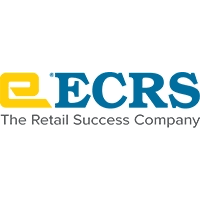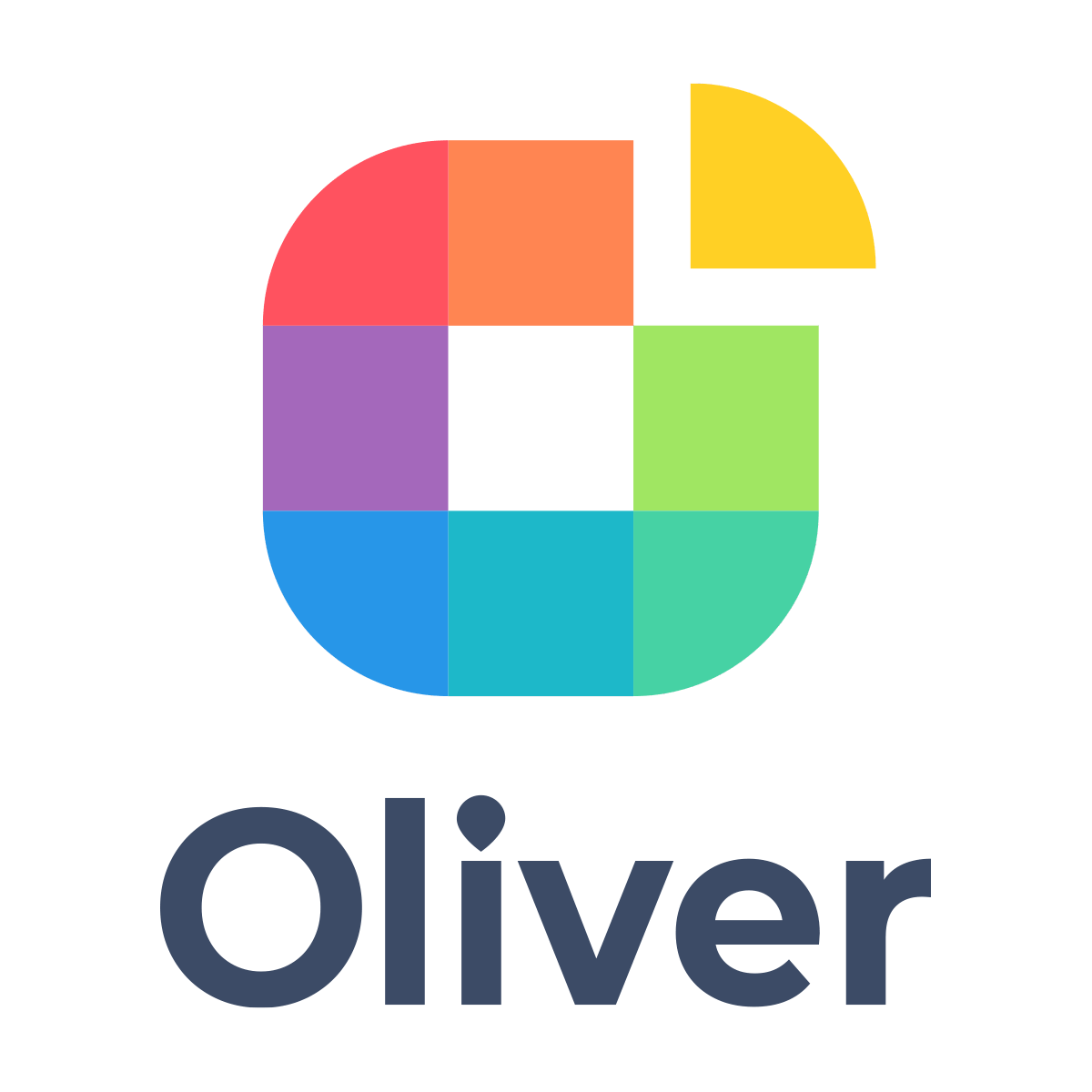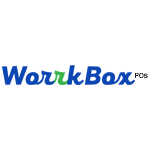Description

ECRS

Yoco
Comprehensive Overview: ECRS vs Yoco
"ECRS" and "Yoco" refer to two different companies, each offering unique solutions in the retail and point-of-sale (POS) sectors. Here’s an overview of each:
ECRS (Electronic Cash Register Systems)
a) Primary Functions and Target Markets
- Primary Functions: ECRS specializes in providing comprehensive retail automation solutions. Its primary offerings include point-of-sale systems, self-checkout machines, back-office management, inventory management, and customer relationship management (CRM) tools. ECRS aims to enhance operational efficiency and improve customer service in retail environments.
- Target Markets: ECRS mainly targets the grocery and retail markets, including supermarkets, convenience stores, natural and specialty food stores, and pharmacies. Its solutions cater to both small and large-scale retailers looking for advanced yet versatile POS and inventory management systems.
b) Market Share and User Base
- Market Share: ECRS holds a notable position in the POS and retail automation niche, especially among grocery retailers in North America. Its market share is competitive, though not as dominant as some larger global POS providers.
- User Base: The user base primarily consists of retail chains and independent stores looking for integrated systems that streamline operations and offer robust data analytics.
c) Key Differentiating Factors
- ECRS offers an all-in-one retail automation suite that combines point-of-sale functionality with advanced inventory and customer management features.
- Their self-checkout solutions are highly regarded for intuitiveness and ease of integration into existing store layouts.
- ECRS focuses on providing scalable solutions that are tailored to the unique needs of grocery and retail sectors, specifically excelling in environments requiring complex inventory and supply chain management.
Yoco
a) Primary Functions and Target Markets
- Primary Functions: Yoco provides mobile and card payment processing services, along with small business financial solutions. Their primary products include card readers, POS software, online payment solutions, and business management tools designed to facilitate transactions and support business growth.
- Target Markets: Yoco’s primary market consists of small to medium-sized businesses (SMEs) and micro-enterprises. It is particularly focused on sectors like retail, hospitality, and service industries, primarily in regions such as South Africa and expanding throughout Africa.
b) Market Share and User Base
- Market Share: Yoco is a leading provider of payment solutions in South Africa, capturing a significant portion of the SME market. It is expanding rapidly and becoming a recognizant competitor in the African fintech space.
- User Base: Yoco has tens of thousands of merchants using its systems, predominantly small local businesses seeking easy-to-use, affordable payment solutions.
c) Key Differentiating Factors
- Yoco's standout feature is its focus on underserved and emerging markets, offering accessible financial products aimed at encouraging financial inclusion.
- Its products are designed for easy deployment, requiring minimal setup, making them ideal for SMEs and businesses on the go.
- Yoco also emphasizes digital-first capabilities, with strong support for mobile payments, comprehensive app integrations, and a user-friendly approach to financial management.
Comparison Summary
In summary, ECRS and Yoco serve different segments within the retail and payment landscapes. ECRS targets larger retail chains needing comprehensive retail management solutions, whereas Yoco focuses on smaller enterprises requiring straightforward, mobile-centric payment solutions. Their differentiation lies in the scope of services and the type of customers they address, with ECRS taking a more integrated retail approach and Yoco offering a more focused solution on payment processing and financial inclusivity in emerging markets.
Contact Info

Year founded :
1940
Not Available
Not Available
Not Available
Not Available

Year founded :
2015
Not Available
Not Available
South Africa
Not Available
Feature Similarity Breakdown: ECRS, Yoco
ECRS and Yoco are both companies that offer point-of-sale (POS) systems, but they cater to somewhat different markets and have unique features and interfaces. Below is a breakdown of their features, focusing on similarities, differences in user interfaces, and unique features:
a) Core Features in Common
-
Payment Processing:
- Both ECRS and Yoco provide robust payment processing solutions, enabling businesses to accept credit and debit card payments securely.
-
Inventory Management:
- Inventory management is a key feature for both platforms, helping businesses keep track of stock levels, orders, and replenishments.
-
Sales Reporting and Analytics:
- These systems offer detailed sales reporting and analytics to help business owners make informed decisions based on real-time data.
-
Customer Management:
- Features for managing customer data, purchase history, and preferences are available, which can aid in marketing and customer retention efforts.
-
Integration Capabilities:
- Both platforms offer integrations with various third-party applications to enhance functionality, such as accounting software.
b) User Interfaces Comparison
-
ECRS:
- ECRS interfaces are typically more feature-rich and customizable, which can cater to larger retail operations with complex requirements. The interface may require a bit of a learning curve due to its depth and breadth of features.
- The design leans towards enterprise-level usability, often incorporating touchscreen options and detailed menu systems for ease of navigation in retail environments.
-
Yoco:
- Yoco is known for its simple, intuitive user interface, which is designed to be user-friendly and accessible, particularly for small businesses and startups.
- The focus is primarily on ease of use, with a clean and minimalistic design that allows users to process transactions quickly and efficiently without extensive training.
c) Unique Features
-
ECRS:
- Self-Service Kiosks: ECRS offers self-service kiosks, which are particularly beneficial for retail environments wanting to reduce wait times and enhance customer service.
- Advanced Loyalty Programs: The platform includes sophisticated loyalty and rewards program capabilities, which can be customized to fit the needs of larger businesses.
- Enterprise-Level Features: ECRS is known for its robust features catering to larger operations, including supply chain management tools and extensive enterprise reporting capabilities.
-
Yoco:
- Ease of Onboarding: Yoco is recognized for its hassle-free setup process, which is ideal for small businesses or those new to POS systems.
- Mobile Payment Acceptance: Yoco emphasizes flexibility and mobility, offering hardware like card readers that work seamlessly with smartphones and tablets, making it ideal for mobile businesses or markets.
- Accessible Pricing: Designed for small businesses, Yoco’s pricing model is straightforward and transparent, making it attractive for startups and small entrepreneurs.
In summary, while both ECRS and Yoco offer robust POS solutions, ECRS focuses more on larger, enterprise-level features with a complex user interface that can be customized extensively, whereas Yoco provides a simple, mobile-friendly solution tailored to the needs of small businesses.
Features

Inventory Management
Sales Reporting
Employee Management
Customer Relationship Management

Payment Processing
Analytics and Reporting
User-Friendly Tools
Customer Support
Inventory Management
Best Fit Use Cases: ECRS, Yoco
ECRS and Yoco are platforms that cater to different types of business needs, often used within retail and point-of-sale (POS) environments. Here’s a breakdown of their best fit use cases:
ECRS (Efficient Collaborative Retail Systems)
a) Types of businesses or projects where ECRS is the best choice:
- Mid to Large Retailers: ECRS is well-suited for mid to large-sized retailers due to its comprehensive POS and inventory management solutions. It excels in environments where complex inventory tracking and streamlined supply chain management are crucial.
- Supermarkets and Grocery Stores: These businesses benefit greatly from ECRS’s ability to handle high transaction volumes and its advanced features for managing multiple product lines and categories.
- Healthcare and Pharmaceuticals: ECRS provides solutions that cater to the specific needs of pharmacies, helping manage prescriptions and medical supplies efficiently.
- Specialty Retail: Businesses that require customized POS solutions with integrated loyalty programs and promotional tools find ECRS advantageous.
Yoco
b) Scenarios where Yoco would be the preferred option:
- Small to Medium Enterprises (SMEs): Yoco is particularly suitable for SMEs due to its simple setup process and cost-effectiveness. Its user-friendly interface is ideal for businesses that need to quickly adopt a POS system without extensive training.
- Mobile and On-the-Go Businesses: Yoco’s wireless card machines and mobile app are perfect for businesses that operate in varying locations, such as food trucks, market stalls, and pop-up shops.
- Service-Based Industries: Yoco supports service providers like salons, consultants, and home services that require appointment scheduling, invoicing, and payment processing on-the-go.
- Startups: Startups that need a flexible and scalable payment solution, with minimal initial investment, can benefit from Yoco’s straightforward offerings.
d) Catering to Different Industry Verticals and Company Sizes:
ECRS:
- Industry Verticals: ECRS focuses largely on retail, grocery, and healthcare sectors, offering specialized tools for inventory management, supplier coordination, and point-of-sale integration, making it a solid choice for large-scale operations that require robust backend support.
- Company Sizes: Primarily targets medium to large enterprises that require advanced functionality and can justify a higher investment in technology and infrastructure to support their operations.
Yoco:
- Industry Verticals: Versatile across various industries, but most prominent in retail, hospitality, and service-oriented businesses. Its straightforward solutions appeal to entrepreneurs and small business owners who prioritize ease of use and flexibility.
- Company Sizes: Geared towards small and medium-sized businesses, offering scalable solutions that can grow as the business expands, with a focus on cost efficiency and minimal upfront commitments.
Overall, the choice between ECRS and Yoco depends on business size, industry type, and specific operational needs, with ECRS being more suitable for larger, complex operations, and Yoco being ideal for smaller, dynamic, and mobile businesses.
Pricing

Pricing Not Available

Pricing Not Available
Metrics History
Metrics History
Comparing undefined across companies
Conclusion & Final Verdict: ECRS vs Yoco
To provide a comprehensive conclusion and final verdict for ECRS and Yoco, let's examine key aspects of each system and determine which product offers the best overall value, weigh the pros and cons, and offer specific recommendations for prospective users.
a) Best Overall Value
Considering all factors, the best overall value between ECRS and Yoco depends heavily on your business needs and context:
-
ECRS is often better suited for larger, established businesses, particularly in the retail and grocery sectors. It offers robust features including full-service point-of-sale systems, inventory management, and back-office automation, which together can improve operational efficiency and customer service for businesses with complex requirements.
-
Yoco, on the other hand, tends to be more advantageous for small to medium-sized businesses, especially startups and entrepreneurs. It provides a simple, affordable, and user-friendly payment solution with basic POS capabilities, ideal for businesses seeking quick setup and low-cost entry.
b) Pros and Cons
ECRS:
-
Pros:
- Comprehensive and scalable solution suitable for large-scale operations.
- Advanced features such as inventory management, reporting, and analytics.
- Excellent for complex or multi-location retail environments.
-
Cons:
- Higher costs associated with implementation and maintenance.
- Potentially more complex system which might require training.
- Services and customer support may not be geared towards smaller businesses.
Yoco:
-
Pros:
- Affordable, with no monthly fees for the standard solution.
- Easy setup and mobile-friendly, great for on-the-go transactions.
- Strong focus on small business support and growing integration options.
-
Cons:
- Limited advanced features compared to larger, more complex systems.
- Transaction fees apply, which could accumulate for high-volume operations.
- May not scale as effectively for extremely large or specialized retail environments.
c) Recommendations
For users trying to decide between ECRS and Yoco, consider the following:
-
Assess Business Size and Complexity: If your business is larger or needs comprehensive retail management solutions, ECRS is likely the better choice. However, if you are a small business or a startup looking for a straightforward and cost-effective payment system, Yoco would be more suitable.
-
Budget Considerations: Evaluate your budget for both initial setup and ongoing costs. Yoco is generally more budget-friendly initially, while ECRS might require a larger upfront investment but could offer substantial operational efficiencies in the long run.
-
Growth Projections: Consider your business’s growth trajectory. If you plan to scale rapidly or expand operations, invest in a system that can grow with you.
-
User-friendliness: If ease of use and swift setup are priorities, Yoco offers the advantage of being intuitive and hassle-free to deploy.
-
Feature Needs: Identify which system fulfills your specific operational needs. If you require complex integrations and features like inventory management, ECRS offers more robust solutions.
Ultimately, the choice between ECRS and Yoco should align with your business goals, budget constraints, scale, and operational complexity. By carefully weighing these factors, you can make an informed decision that supports your business now and in the future.
Add to compare
Add similar companies




